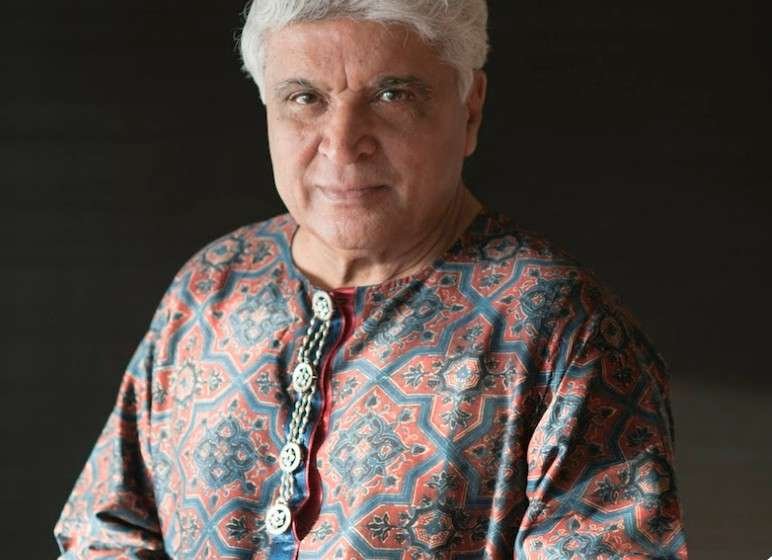Javed Akhtar Voices Outrage Over Taliban Minister’s India Visit
Renowned poet, lyricist and screenwriter Javed Akhtar has sharply condemned the “warm reception” extended to Amir Khan Muttaqi, the Foreign Minister of Taliban, who is currently on a six-day visit to India. This marks the first official trip by a senior Taliban leader since the group seized power in Afghanistan in 2021. Akhtar expressed his dismay in a strongly worded statement on X (formerly Twitter), saying he “hangs his head in shame” over the treatment given to a representative of what he termed as “the world’s worst terrorist group.”
“Hang My Head In Shame”
Akhtar wrote, “I hang my head in shame when I see the kind of respect and reception has been given to the representative of the world’s worst terrorists group Taliban by those who beat the pulpit against all kind of terrorists.” His remarks quickly drew wide attention and ignited a fresh debate over India’s diplomatic engagement with the Taliban regime.
The Taliban, which took control of Afghanistan in 2021 following the withdrawal of U.S. forces, has been widely criticised for its oppressive policies, particularly concerning women’s rights and freedom of expression. Muttaqi, who arrived in New Delhi on Thursday, has been under international sanctions and is listed by the United Nations Security Council for travel restrictions.
Controversial Welcome in Deoband
Akhtar also lashed out at Darul Uloom Deoband, one of South Asia’s most prominent Islamic seminaries, for extending what he called a “reverent welcome” to Muttaqi. “Shame on Deoband too for giving such a reverent welcome to their ‘Islamic Hero’ who is one of those who have completely banned girls’ education. My Indian brothers and sisters! What is happening to us?” Akhtar wrote.
His comment pointed to the Taliban’s notorious record on restricting education for girls and women, which has drawn condemnation worldwide. Many activists and citizens echoed Akhtar’s sentiments, expressing disapproval of the ceremonial hospitality extended to the Taliban leader.
UN Travel Ban Exemption
Muttaqi’s visit was made possible after the UN Security Council’s Taliban Sanctions Committee approved an exemption to his travel ban. Listed on January 25, 2001, Muttaqi has been under a travel ban, asset freeze, and arms embargo.
While India has not formally recognised the Taliban government, it has maintained a channel of engagement focused on humanitarian assistance and regional security. Officials have stated that diplomatic engagement does not amount to recognition.
Women Journalists’ Exclusion Sparks Row
Adding to the controversy, Muttaqi’s initial press interaction in New Delhi excluded women journalists, triggering criticism from opposition leaders, media organisations, and rights groups. Many called it an “insult to women” and “unacceptable” in a democratic country.
The Ministry of External Affairs (India) clarified that it had no role in the organisation of the event. Facing mounting backlash, Muttaqi addressed another press conference on Sunday, this time inviting several women journalists.
“No Intention To Exclude Women”
Muttaqi stated, “With regards to the press conference, it was organised on short notice. A small list of journalists was finalised. It was more of a technical issue. There was no other intention.” He further added that no one’s rights, whether men’s or women’s, should be violated.
Despite the explanation, the incident has intensified scrutiny of India’s engagement with the Taliban. Political observers have noted that the warm reception given to Muttaqi could be seen as a diplomatic balancing act, but it has also sparked strong reactions from civil society and public figures.
A Deepening Debate
The visit and its fallout highlight the complexities of India’s foreign policy towards Afghanistan under Taliban rule. While strategic engagement may serve security and regional stability goals, critics argue it should not come at the cost of democratic values and women’s rights.
Javed Akhtar’s statement has struck a chord with many who see the Taliban’s ideology as fundamentally incompatible with democratic principles. The outrage underscores a growing public discomfort with legitimising or normalising interactions with a regime accused of systematic human rights violations.








